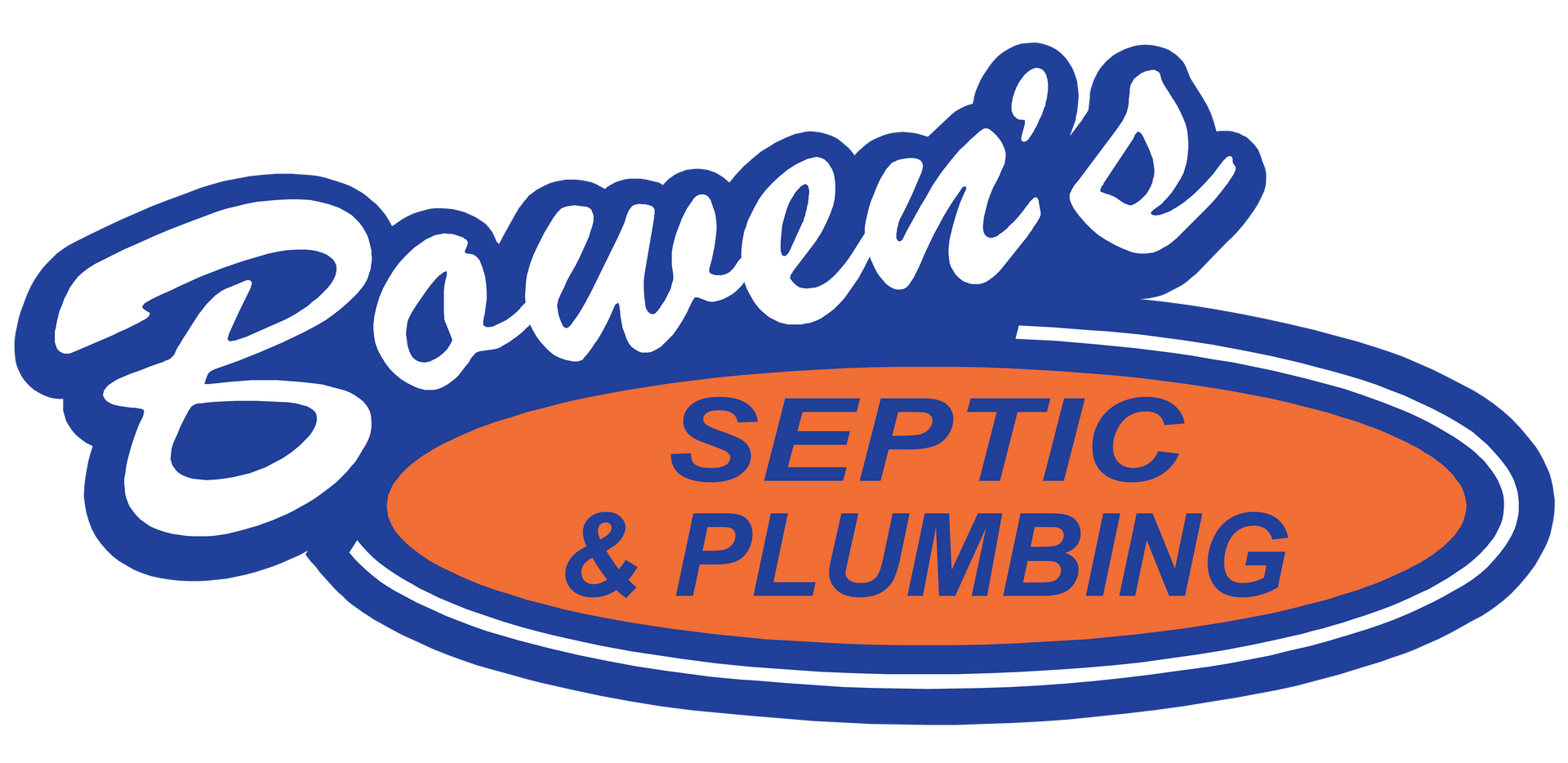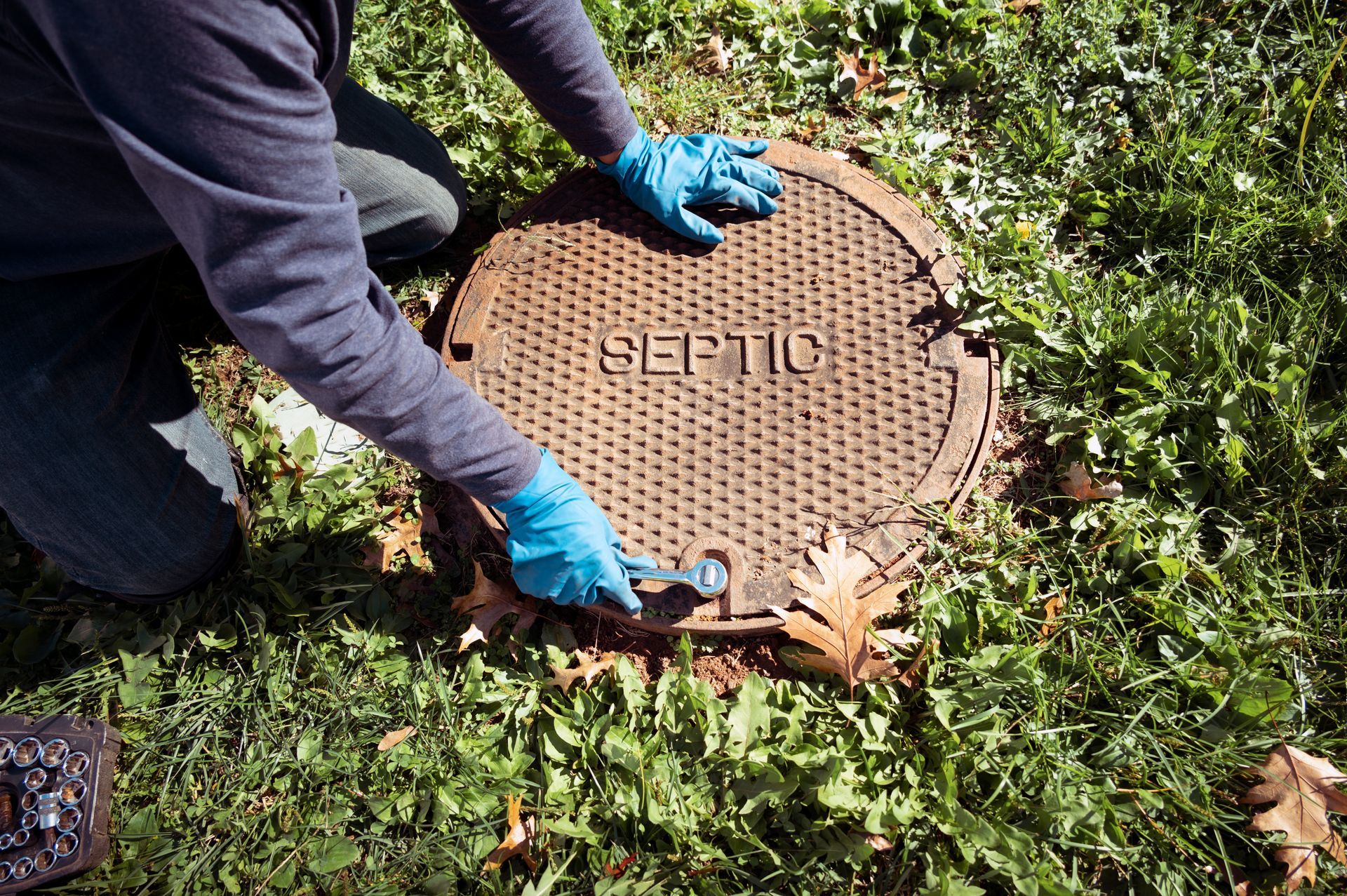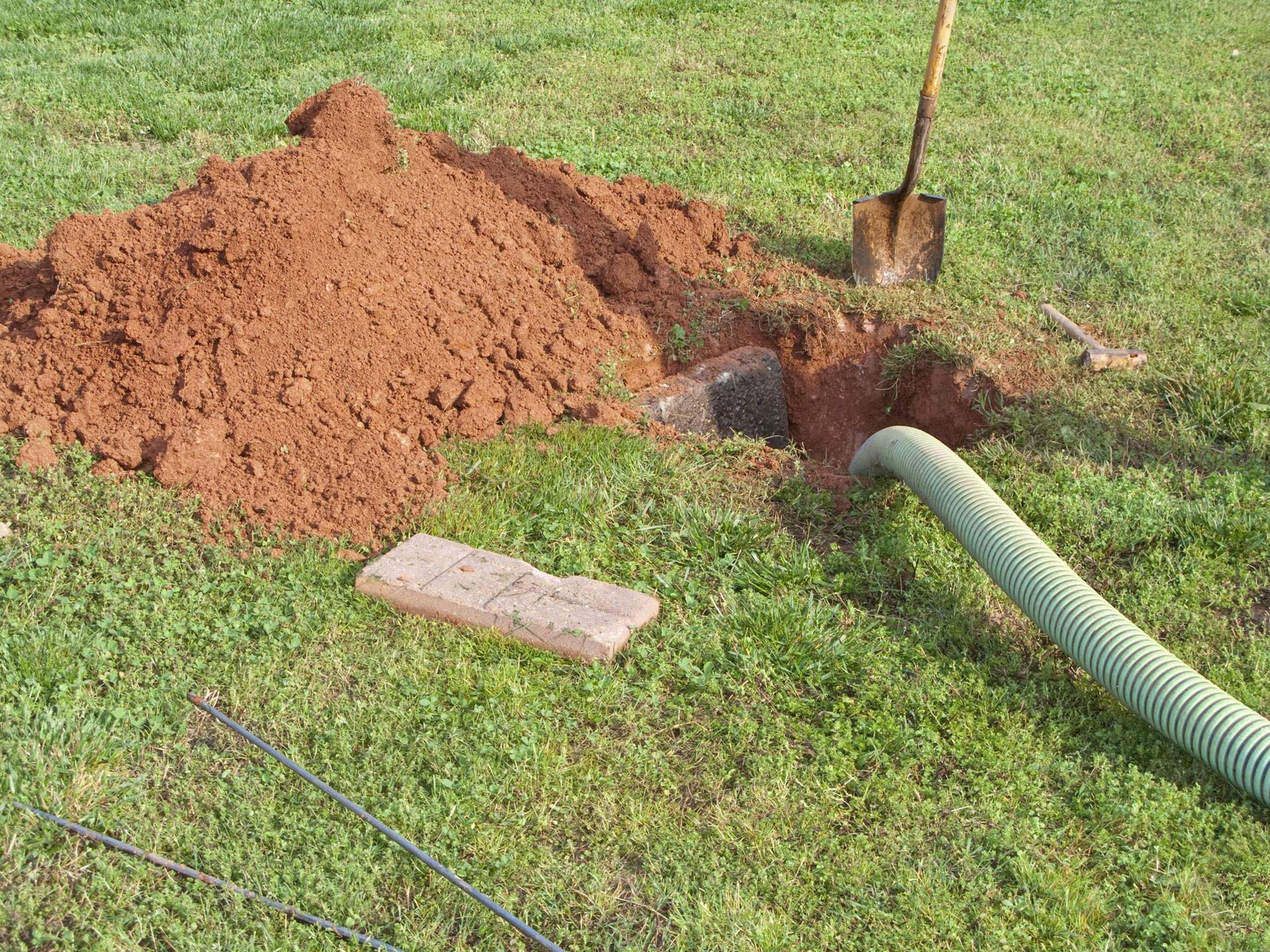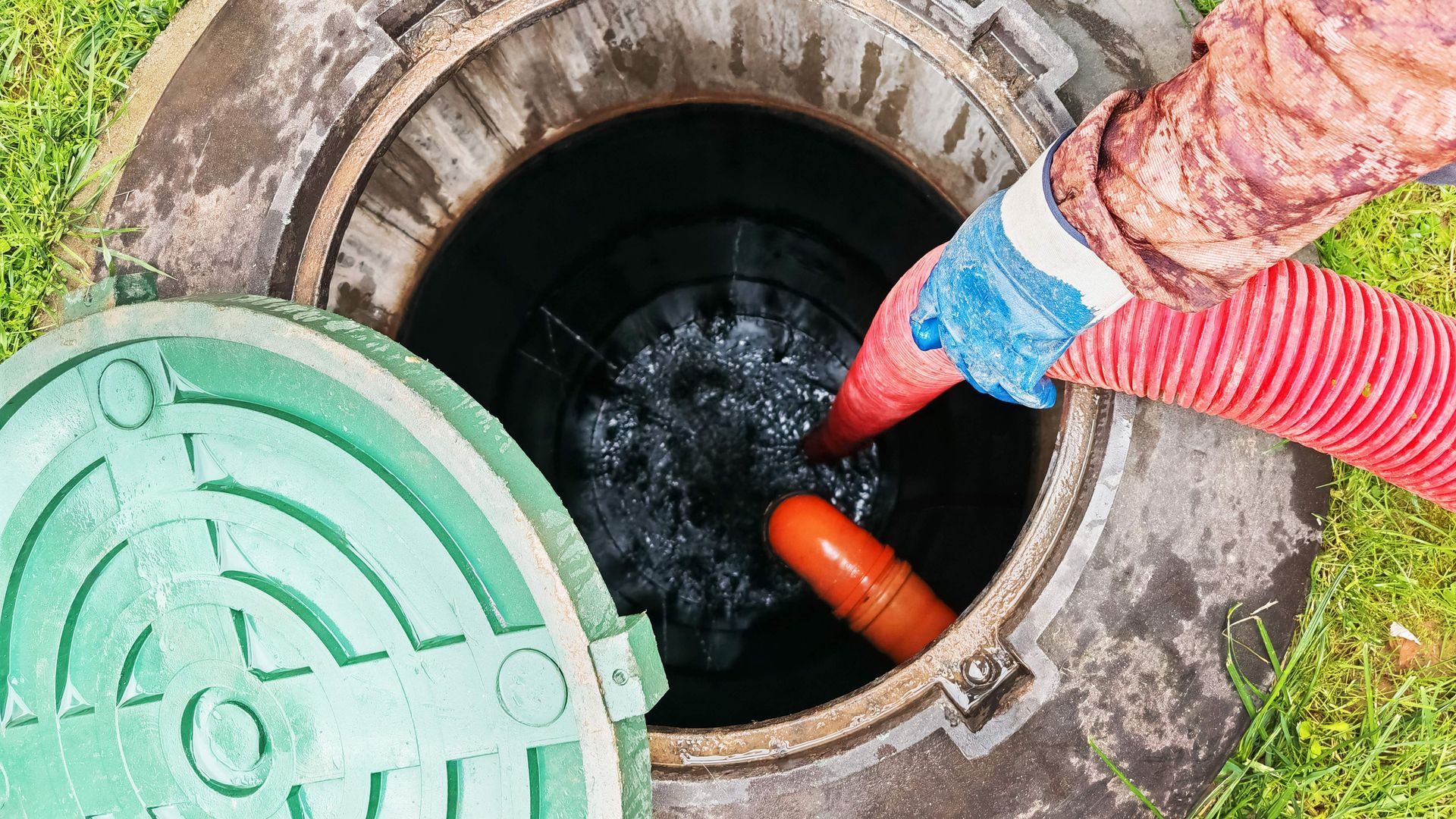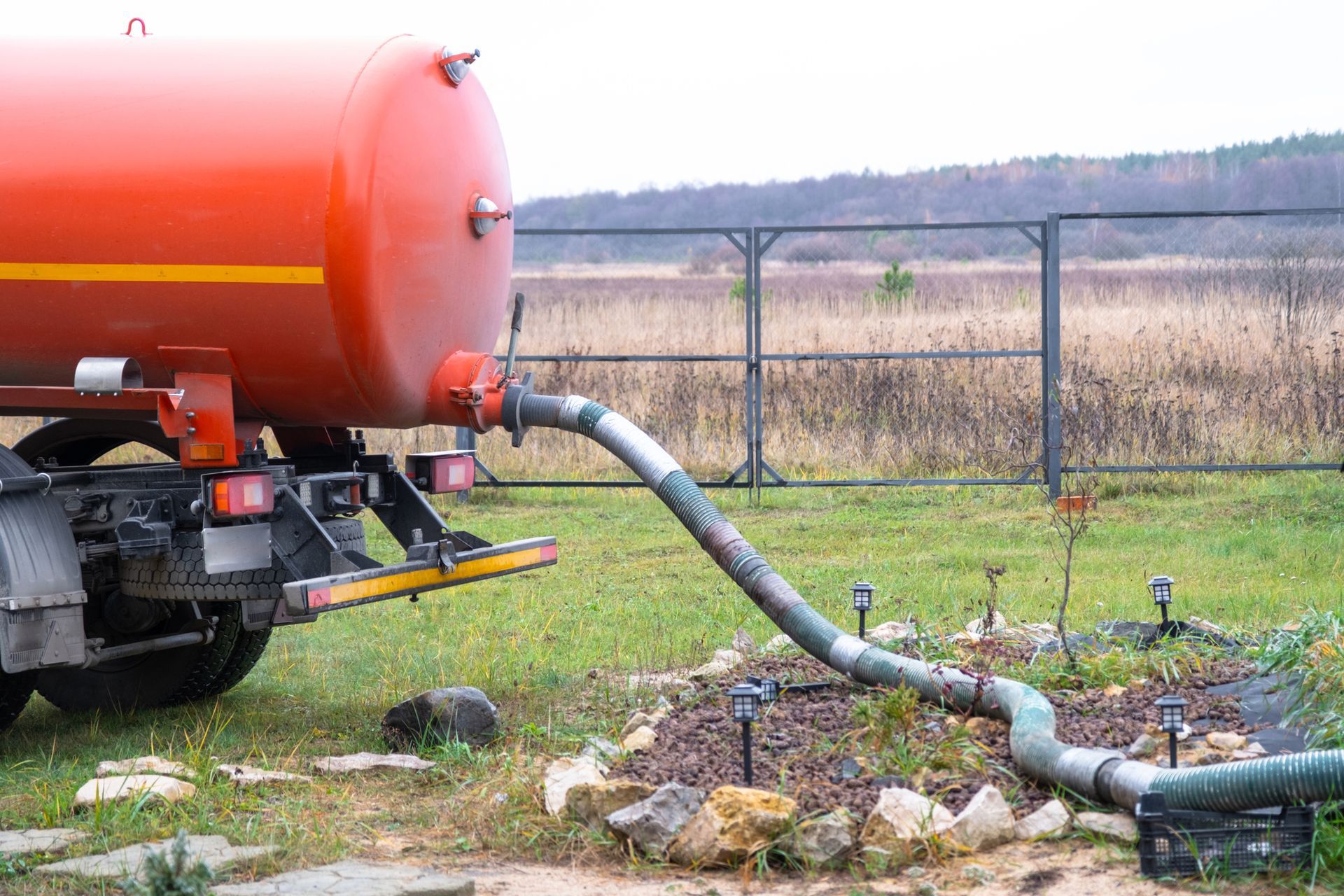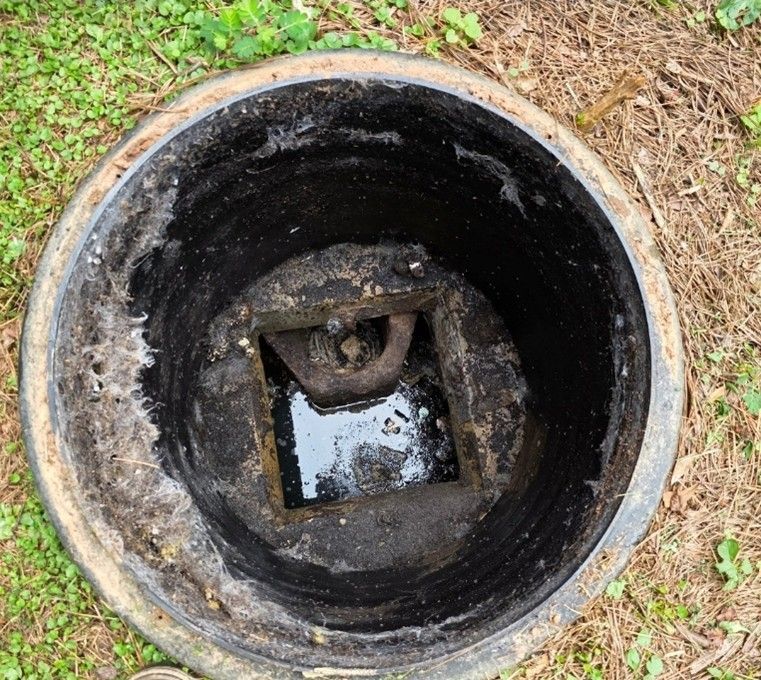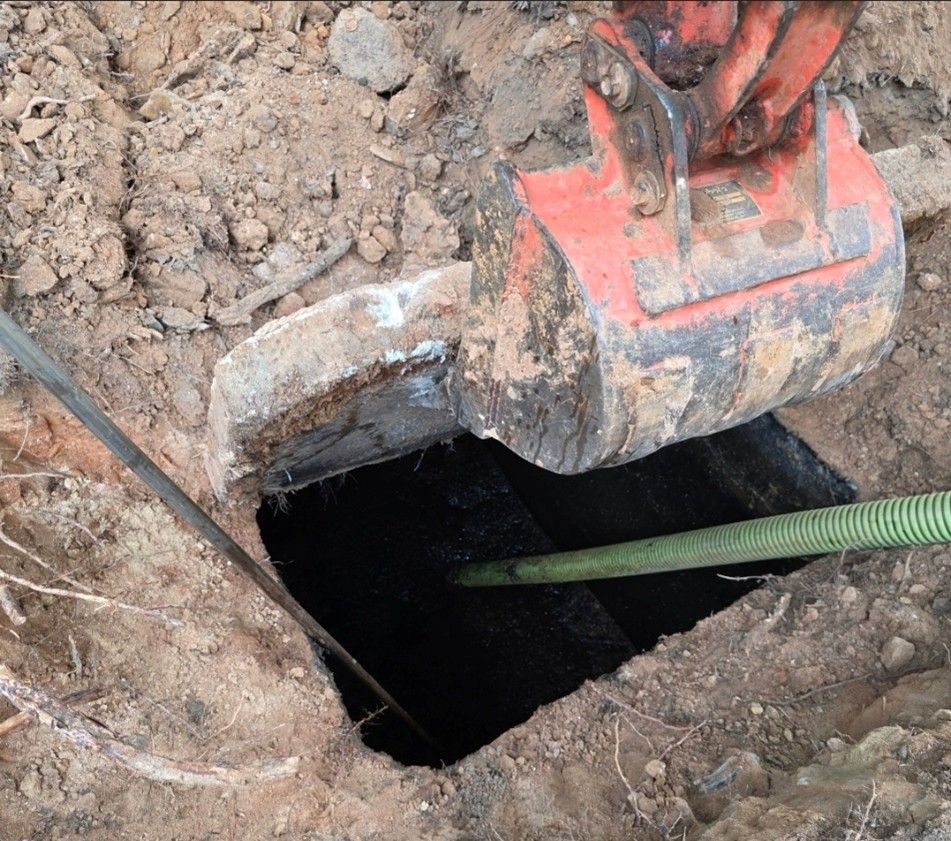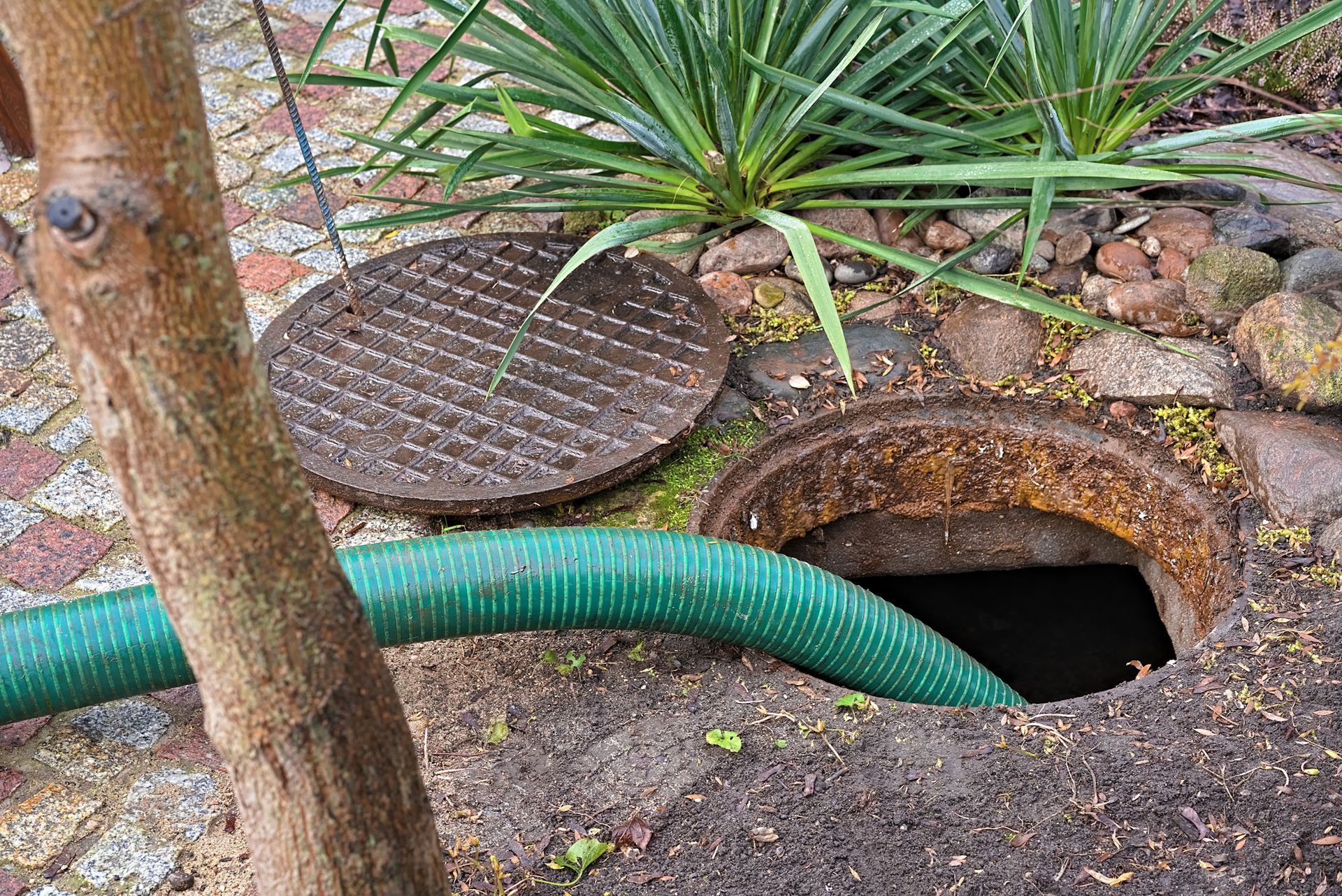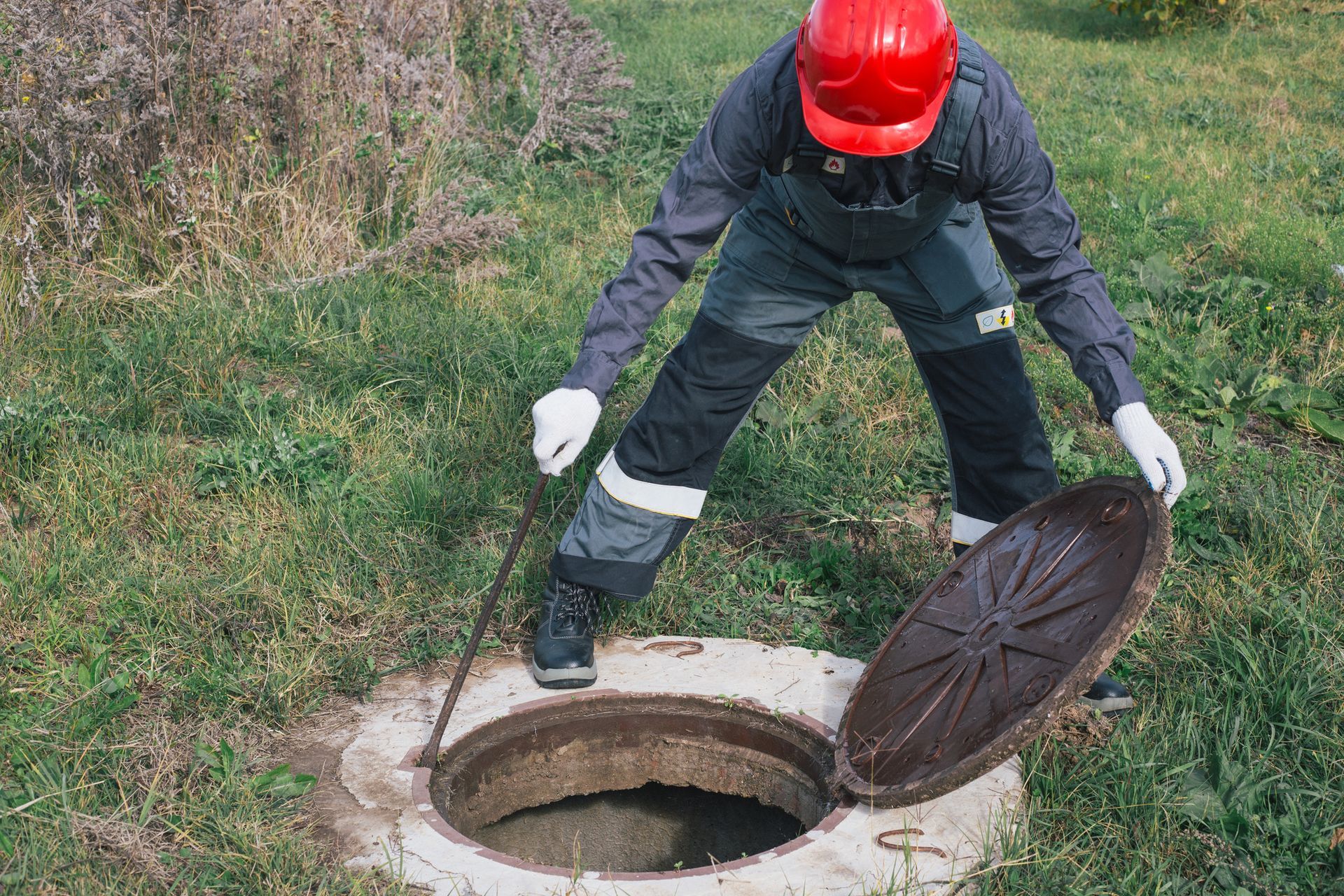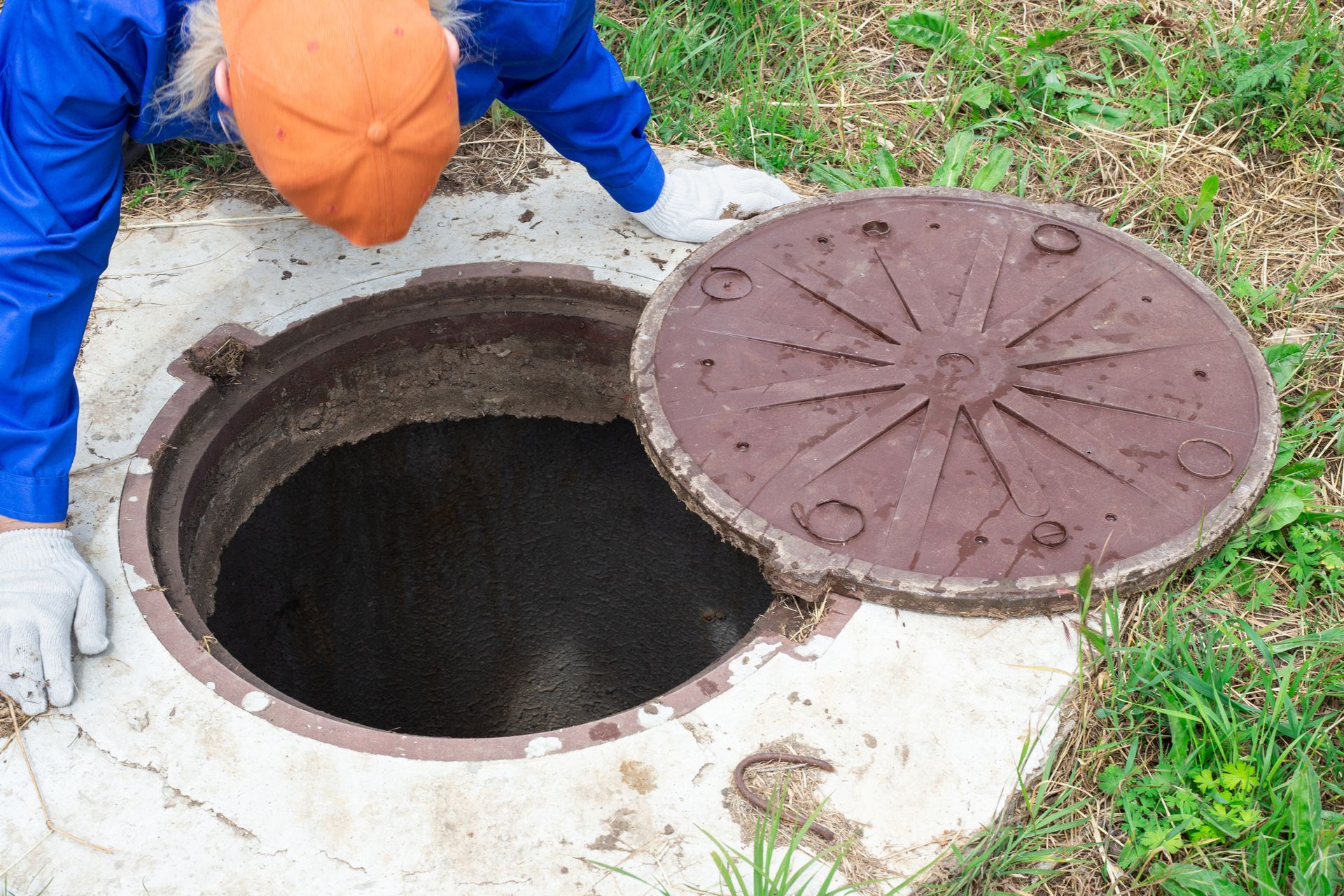5 Common Habits That Can Damage Your Septic System
The septic tank is a crucial system that helps to treat wastewater from your home. Wastewater should flow properly into the sink and into the pumping stations and underground pipes. But certain common household practices can damage your septic tank and cause sewer backup and clogs. Discover common habits that can damage your septic system.
If you have guests at your home, they may shower back-to-back without any issues. However, back-to-back showers can release a lot of water and overwhelm your septic tank. The septic tank has a specific capacity and can only handle a limited amount of wastewater at a time.
If excessive amounts of water enter the septic tank, it can overflow and cause water to pool in your yard. To avoid this, space out the showers.
A garbage disposal unit is a beneficial appliance in your kitchen, but the unit can cause septic tank problems. The problems occur when you put any type of garbage into your septic tank system. Some of these items may contain bacteria that can compete with the bacteria in the septic tank system. For example, avoid putting eggshells, oil, grease, inorganic waste, and medicines in your garbage disposal unit.
If you aren't sure whether to put a specific material down the drain, don't do it. Even if you put the right materials down the drain, do it in moderation or frequently pump your tank to get rid of the excessive garbage.
When you pour unsafe household chemicals down your drains, the chemicals can damage pipes and contaminate groundwater. The chemicals can also destroy the useful bacteria inside the septic tank. Most manufacturers design products that are safe for the septic tank. However, some of these products should never go down the septic tank drain.
Don't put the following chemicals down the drain:
Also, avoid any products that have heavy metals like zinc and lead.
Many Americans have become conscious of their eating habits and want a low-fat diet. Although this type of food can improve your health, its preparation methods may be harmful to your home's septic tank. That is because the food preparation method removes dietary fat from the meals and transports it to the septic system. For instance, you might put pork, turkey, and ground beef into coriander and then use warm water to remove the excessive fat.
If the fat ends up in the septic tank system, it can reduce the unit's ability to process waste liquids and solids. Consult your plumber to know the right way to dispose of the excess fat from your cooking.
If your septic tank has any issues, talk to a full-service septic tank system company like Bowen's Septic Tank . We have provided industrial, commercial, and residential septic tank services for over 30 years. Contact us for septic tank installations, sewer line and water line cleaning, and plumbing inspections.
1. Allowing Back-to-Back Showers
If you have guests at your home, they may shower back-to-back without any issues. However, back-to-back showers can release a lot of water and overwhelm your septic tank. The septic tank has a specific capacity and can only handle a limited amount of wastewater at a time.
If excessive amounts of water enter the septic tank, it can overflow and cause water to pool in your yard. To avoid this, space out the showers.
2. Placing the Wrong Things in the Garbage Disposal
A garbage disposal unit is a beneficial appliance in your kitchen, but the unit can cause septic tank problems. The problems occur when you put any type of garbage into your septic tank system. Some of these items may contain bacteria that can compete with the bacteria in the septic tank system. For example, avoid putting eggshells, oil, grease, inorganic waste, and medicines in your garbage disposal unit.
If you aren't sure whether to put a specific material down the drain, don't do it. Even if you put the right materials down the drain, do it in moderation or frequently pump your tank to get rid of the excessive garbage.
3. Introducing Unsafe Household Chemicals
When you pour unsafe household chemicals down your drains, the chemicals can damage pipes and contaminate groundwater. The chemicals can also destroy the useful bacteria inside the septic tank. Most manufacturers design products that are safe for the septic tank. However, some of these products should never go down the septic tank drain.
Don't put the following chemicals down the drain:
- Kerosene, diesel, gasoline, and other types of fuel
- Vehicle additives like brake fluid transmission, fluid motor oil, and antifreeze
- Weed killers and insecticides for garden, lawn, and home use
- Stains, paints, and solvents
Also, avoid any products that have heavy metals like zinc and lead.
4. Removing Excess Dietary Fats
Many Americans have become conscious of their eating habits and want a low-fat diet. Although this type of food can improve your health, its preparation methods may be harmful to your home's septic tank. That is because the food preparation method removes dietary fat from the meals and transports it to the septic system. For instance, you might put pork, turkey, and ground beef into coriander and then use warm water to remove the excessive fat.
If the fat ends up in the septic tank system, it can reduce the unit's ability to process waste liquids and solids. Consult your plumber to know the right way to dispose of the excess fat from your cooking.
5. Flushing the Wrong Paper Products
Your septic tank is designed to hold septic-safe toilet paper and human waste. Many homeowners make the mistake of using the septic system as a trash can. This means that the wrong type of paper, such as paper towels and hygiene products, ends up in the septic tank. Because the bacteria in the septic system can't break down this type of paper, your septic unit could clog.If your septic tank has any issues, talk to a full-service septic tank system company like Bowen's Septic Tank . We have provided industrial, commercial, and residential septic tank services for over 30 years. Contact us for septic tank installations, sewer line and water line cleaning, and plumbing inspections.
